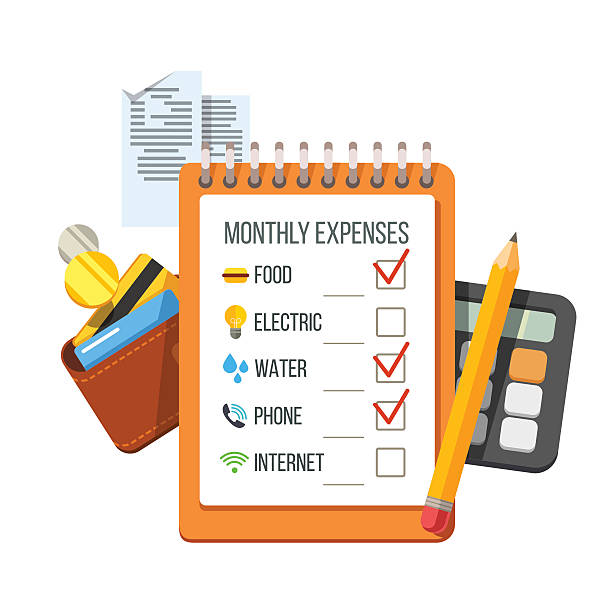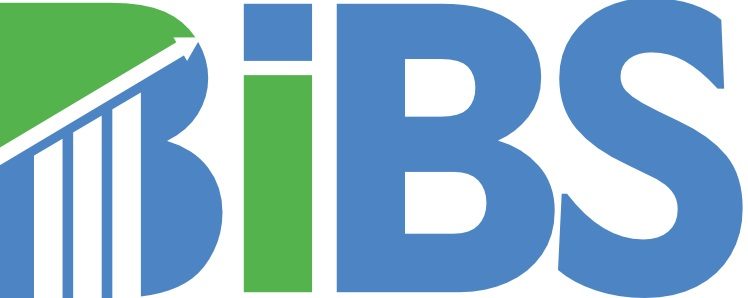
As a business owner/entrepreneur, the question mostly asked during tax season is, “What other tax benefits can I receive for my businesses?”
This article will highlight the 10 most common tax deductible expenses a business, no matter the industry, may incur at some point during the financial period. As familiar as they are amongst accounting professionals, many business owners/entrepreneurs tend to overlook or not even think to consider some of the following as deductible expenses for their business.
These business expenses, also known as operating expenses, once relevant to your specific business, will aid in reducing your business’s taxable income during a tax period. Note that this is not an exhaustive list, but it should help you as the business owner, be familiar with the more common expenses you need to keep track of during your operations:
- Marketing & Advertising – businesses invest in marketing and advertising to reach and attract customers and help bring about an online or physical presence that would increase public awareness of that business. These expenses can include traditional advertising methods like television and radio commercials, as well as digital marketing efforts like social media advertising and email marketing.
- Meals – meals with clients are 100% deductible whilst staff meals are only 50% deductible. Therefore you should get into the practice of clearly reporting which ones were actually client meals from staff because at the end of the day you want to ensure that you are getting the max deductible for this particular expense.
For example, a common mistake most people make is categorizing all the meal expenses to one expense account, leaving the tax preparer to assume that only 50% of the amount reported on your Profit & Loss for the period is deductible for tax purposes. Therefore, rather than benefitting from the full deduction you would only benefit from half of it. To avoid this assumption and receive the 100% benefit from the amount reported for client meals, it would be best to clearly state in your reporting which meals for the period were client meals versus staff meals.
- Rent – depending on your industry you could be renting a car for travel, equipment to use for a special project. Once the rental is deemed an operating expense of the business it will be recognized as a deductible expense.
- Utilities: businesses need to pay for utilities like electricity, gas, water, trash and recycling, internet, cable tv and/or security systems to keep their operations running smoothly.
- Home office expenses: as a business owner you may operate from an office in a commercial building, from home or both. Therefore, your location would determine if the expense is 100% deductible, or whether you have to use a percentage to calculate the business portion to be reported if you operated from home.
- Office building – all the expenses mentioned above would be 100% deductible because you operate from a commercial office.
- Home office – only a portion of those expenses would be deductible. To calculate what that is, you can use the square footage method.
Example: Sarah works from home and has a dedicated workspace there. The total square footage of her home is 800 sq ft and she uses 200 sq ft for her work. Her total electricity expense for the period is $2400 and we need to determine how much of it should be allocated to the business as an expense. It is calculated as follows:
total square footage used for business / total square footage of home = % used for business
(200 / 800) = 25%
25% represents the business portion based on the space used for that purpose and will be applied to the gross amount of all home office expenses in order to determine the business portion amount to be reported on the Profit and Loss reports (in this case the gross amount was $2400 for electricity).
- Labor costs: labor costs are typically the largest expense for businesses, and can include salaries, wages, benefits, and training expenses.
- Professional fees: you may incur professional fees for services such as legal or specialized consulting services.
- Insurance: business insurance is important to protect your business from potential liabilities and losses.
- Travel and transportation: travel and transportation expenses may be a significant cost for your business, especially if you frequently meet with clients at their locations or have to travel great distances for business. These could include accommodation expense, meals, taxi and flight fares, car rentals etc…
- Depreciation: depreciation is a non-cash expense that reflects the declining value of business assets over time. Your depreciation expenses may include things like furniture, office equipment, and company vehicles, buildings
These expenses can vary significantly depending on the specific industry and type of business, as well as the size and location of the business. It’s therefore very important for businesses to carefully track and manage their expenses in order to stay on to of tracking how they impact profitability
You should always seek the advice of your accountant to ensure that you have captured all the business expenses for the period, whether those expenses are deducted from your business accounts or personal accounts.
Need help figuring out if you’ve captured all the possible tax deductible expenses for your business?
Then contact us to be advised on all the possible tax benefits your business can take advantage of.
GET IN TOUCH
Free Consultation
Please note that the information provided in this blog post is for informational purposes only and should not be considered as legal or financial advice. The information provided may be subject to change or may not apply to your specific circumstances. We strongly encourage you to seek advice from a qualified professional, such as a tax advisor or financial planner, before making any decisions based on the information provided. BIBS is not responsible for any actions taken or decisions made based on the information provided in this blog post. It is the sole responsibility of the reader to ensure that the information is appropriate for their specific situation and to consult with a professional as needed.
